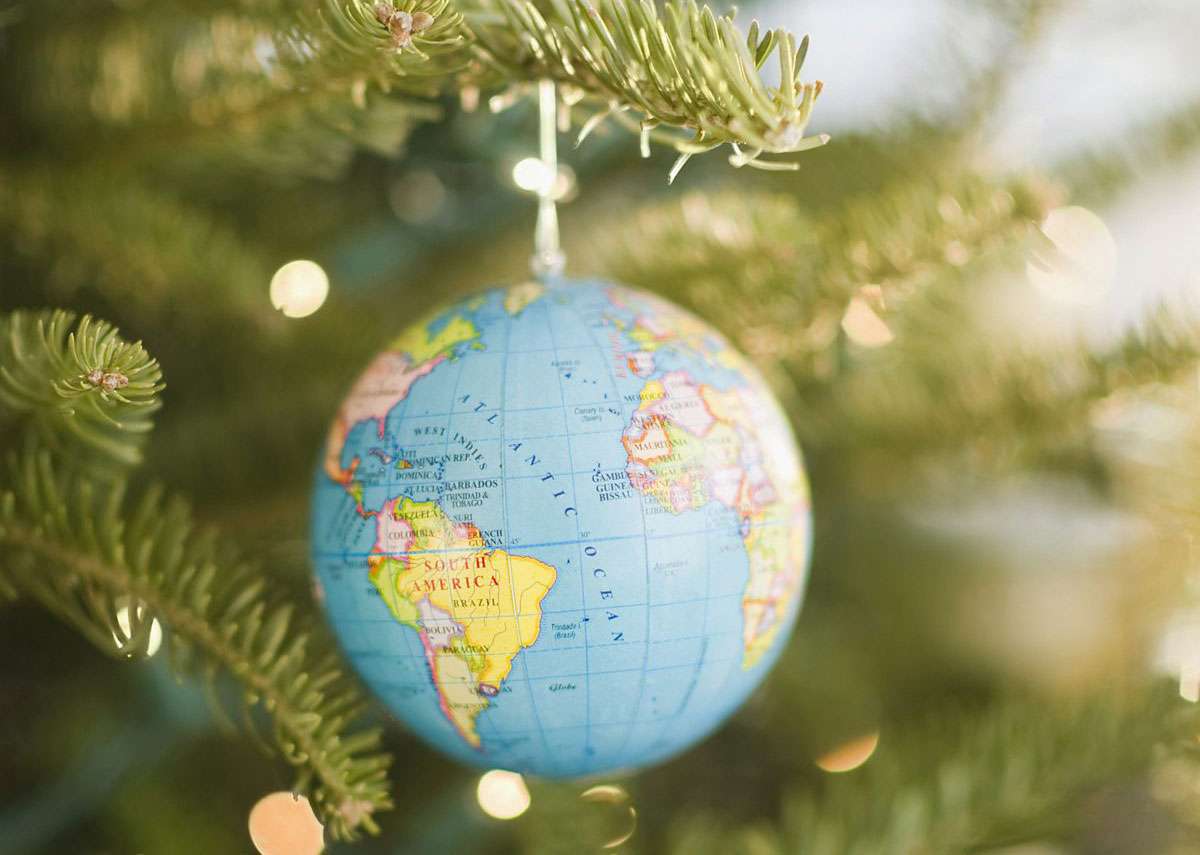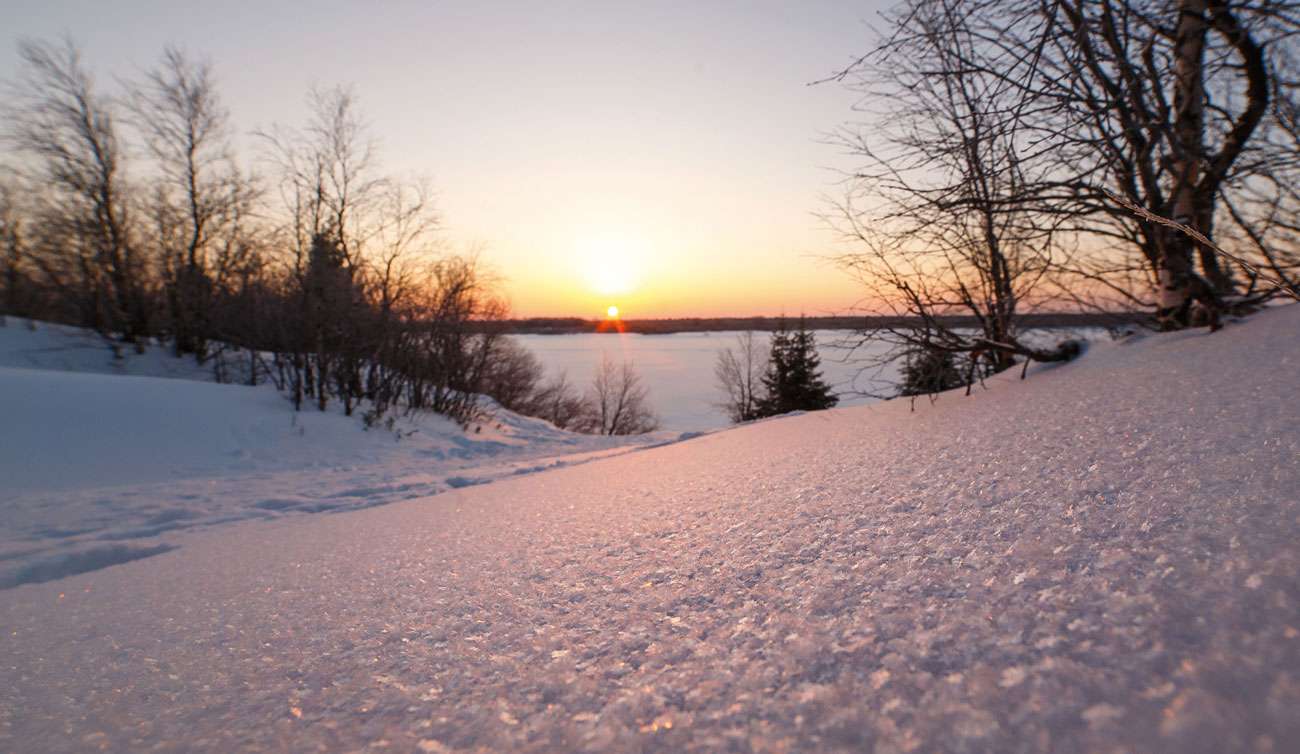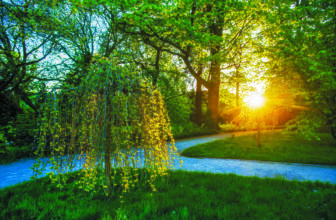
We’re now moving inexorably towards the run-up to what has become the biggest retail festival in the Western world, otherwise known as Christmas – BUT, we’re also in the midst of the most serious threat to the planet, our civilisation and the survival of myriad wildlife species across the globe. I appreciate that I may seem a bit of a killjoy for talking about this, but there’s no better time when COP26 (the Committee of Parties) is taking place in Glasgow warning us all that we (as well as the politicians and large corporations) have to make some big changes before it’s too late?
I remember years ago chatting to a relative (she’s now in her nineties) who told me how, as a child, she had been delighted to be given an orange for her Christmas present! How far we’ve travelled since then, and to be honest, it really hasn’t been in the right direction . . .
According to researchers at the Universities of Leeds and York, the excess food, travel, lighting and gifts, accompanied by seasonal increases in our level of consumption means that unfortunately, Christmas is likely to have a greater impact on the environment than the rest of the year. Our total consumption and spending on food, travel, lighting and gifts over only three days of festivities could result in as much as 650kg of extra carbon dioxide emissions (CO2) per person – equivalent to the weight of 1,000 Christmas puddings! This is 5.5% of the average UK person’s annual carbon footprint (a carbon footprint is a measurement of how many tonnes of carbon our lifestyle pumps into the atmosphere each year).
For many years now, we haven’t bought or received Christmas presents (having said that, if I still had a small child, then I would of course buy a present – not an excessive one, or hundreds of presents that are then thrown aside within a week).

For me, the decision to stop giving and receiving presents happened when I started having a Winter Solstice party about twenty years ago. Year on year, my guests kept telling me that they preferred the Winter Solstice party to Christmas as they could relax without the pressure of presents. The Winter Solstice, I should mention, is when night is twice the length of day, so it is the longest night of the year. It’s a lovely celebration (I won’t go into the details here) and one enjoyed by everyone who comes, but also a time when people share things about themselves as in the tradition of “telling stories around the Yule log” (some sing a song, read a poem, share an anecdote etc). It’s a time that encourages people to open up and because there’s no financial pressure, it is a very special time to learn about each other.
It certainly made me re-think what I hated so much about Christmas: the pressure, pressure, pressure, the expectation to be happy, the financial pressure. I dreaded it each year, so I stopped. I didn’t stop Christmas but I stopped the giving and receiving of presents and you know what – I loved Christmas again. Now Christmas is about being with those I love and not having to worry about spending loads of money. Sadly, it has become a lot about excess and, letting go of this side of it, whether you’re a Christian or not, has got to be a good thing surely?
Thinking back to how grateful my relative was to receive an orange, it was very humbling. Seeing homeless people in the pouring rain on the streets of Brighton in 2019 was also very humbling. Given the state of our climate and the entitlement that some feel, I appreciate how “stuff” can be comforting for a short time, but we need to get back in touch with being a part of nature, with gratitude and also realise that the days of unnecessary excess are better coming to a halt, for the sake of our beautiful and life sustaining Earth, for the sake of our children – and so that we can take the pressure off each other – enjoy each other’s company instead – and perhaps think about less meat laden festive fare!
Sharon Duggan is an Accredited Climate Change Teacher, she also set up and leads both the Cranleigh Climate Action Group and Cranleigh Plant Share (both on Facebook). She also writes on her Facebook page: www.facebook.com/howtoliveagreenerlife











